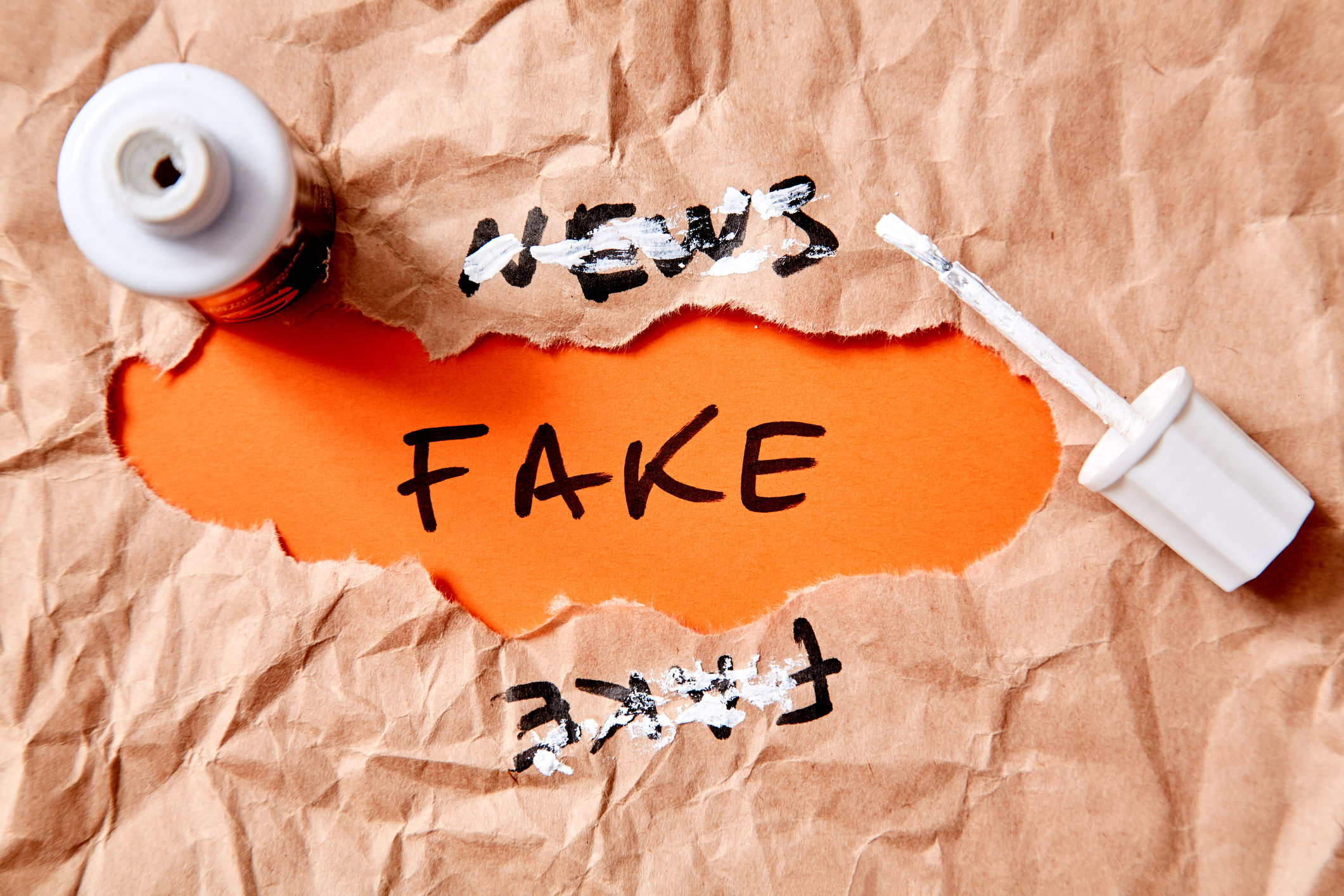Public service media organisations are mandated to provide essential and, at times, life-saving information during crises and emergencies.
This role is being implemented on an unprecedented scale internationally as the coronavirus (COVID-19) continues to spread worldwide. And while it has yet to be declared a pandemic, public broadcasters are rolling out special programming and online content to effectively inform the public.
Yet, concerns prevail about the challenges of reporting a rapidly evolving crisis in an already fast paced news cycle, with the media being urged to report responsibly and accurately so not to spread misinformation or stoke fears and undue panic.
Where editorially independent and well resourced, public media are widely considered the most trusted sources of news. In this update, we explore some of the developments and new initiatives being implemented by public media organisations to best cover the COVID-19 outbreak and effectively inform the public.
Dedicated programming
As of the 9 March, Italy has recorded the highest number of deaths as a result of the virus outside of China. The extent of the crisis and a lockdown in the northern region of Lombardy has put public broadcaster Rai on the frontline. Alongside rolling broadcasts across television and radio, Rai has also released dedicated programmes and updates out of normal allotted schedules to provide the public with vital information on reducing the risk of infection and what to do if you are suspected of having the illness. Rai have also announced a new internal task force for editorial and managerial decisions to rapidly adapt their approach on covering the illness.
Both BBC News and Australia’s ABC News have broadcast half hour special programmes covering coronavirus by inviting health experts to share the latest information. As cases continue to rise in South Korea, KBS World Radio is also airing frequent reports. CBC Radio’s ‘The Current’ series has also explored the social and economic impacts of the virus on everyday life.
After the first case of COVID-19 in South Africa was reported last week, SABC live streamed the Minister of Health’s entire media briefing. The public broadcaster has also pinpointed designated hospitals for managing the virus in the country on Google Maps via their website:
Tackling disinformation and reporting objectively are central public media mandates. In an attempt to offer much needed perspective, German public broadcaster, ZDF, produced a documentary on COVID-19 entitled ‘Between pandemic and hysteria: How the corona virus shakes the world’. This can be viewed here.
Public Q&As
The BBC News website offers explainers with visual guides and infographics on protecting yourself against the virus. Much of this has been steered by questions asked by the public via ‘Your questions answered’ on the BBC News website.
The BBC’s global news operations have also ensured that they are providing global coverage about Coronavirus updates as the number of COVID-19 cases increase worldwide. The BBC World Service started a daily podcast ‘Coronavirus Daily’ where a panel of experts answer public questions about the virus. As well as this, PMA were informed about the extensive coverage taking place across the BBC World Service’s 42 language services. For example, a new daily programme was launched on BBC Persian where experts can debunk misinformation about the virus and tend to viewers’ queries and concerns.
Last week, America’s PBS NewsHour as well as ABC News (Australia) live streamed programmes where the public could ask questions about the novel Coronavirus live in the presence of health experts. These can be found below:
Online content
As the public increasingly turn to online platforms to access up-to-date and reliable news and information, public broadcasters are utilising their online platforms to compile national and international information from authoritative health professionals such as the WHO, Ministries of Health and government advice in one designated place.
Japan’s public broadcaster, NHK, has a page on their news website dedicated to Coronavirus updates. Information is summarised at 10:30am every day, containing “compiled information obtained from local government and Ministry of Health, Labour and Welfare”. It includes interactive graphs, tables and categorised articles. Information is also available on the NHK News and Disaster Prevention App:
【ライブ】和歌山県で新たに感染確認 和歌山県会見 ライブでお伝えしていますhttps://t.co/qEkyIVyJxn
NHKニュース・防災アプリでも配信しています— NHKニュース (@nhk_news) March 5, 2020
US public broadcasters have also implemented interactive and informative content for children to engage and reassure them about Coronavirus. The PBS children’s channel, PBS KIDS, pooled together tools and multi-platform content, using videos, games and activities to practice healthy habits. NPR has created a comic for children about Coronavirus based on a radio story by NPR education reporter, Cory Turner.
Listen to the original radio story here.
See also:
- Coronavirus: Resources and News (Georgia Public Broadcasting, GPB)
- Coronavirus in Switzerland (Swiss Info)
- Coronavirus Outbreak Update (Thai PBS World)
- A round up of what is happening in Canada and around the world (CBC News)
Elsewhere
- The Asia-Pacific Broadcasting Development (AIBD), in collaboration with the WHO and the National Institute of Health, Malaysia and supported by Radio Television Malaysia among others, held an in-country seminar to help train journalists for reporting on ‘emergencies and outbreaks’
- The Caribbean Public Health Agency has organised a Facebook Live Symposium to discuss the media coverage of COVID-19
- The Dart Center lists a variety of resources for journalists reporting on Coronavirus
- Poynter provides advice on ‘how newsrooms can tone down their Coronavirus coverage while still reporting responsibly’.
- The Ethical Journalism Network reminds journalists of ethical principles when reporting on Coronavirus, such as truth, accuracy, impartiality and accountability
- #CoronaVirusFact/#DatosCoronaVirus are key hashtags to follow on Twitter for verified online content
- Internationally renowned fact checkers such as The WHO mythbusters, BBC’s Reality Check, Full Fact UK and Poynter’s International Fact-checking Network are helping to de-bunk misleading information surrounding the virus.
- Further read: Coronavirus: What misinformation has spread in Africa?
Header image: White face mask with a map of the world is lying on a blue background. Credit: domin_domin/iStock
Related Posts
3rd February 2020
Coronavirus: sourcing accurate, reliable information
As the death toll and number of…
